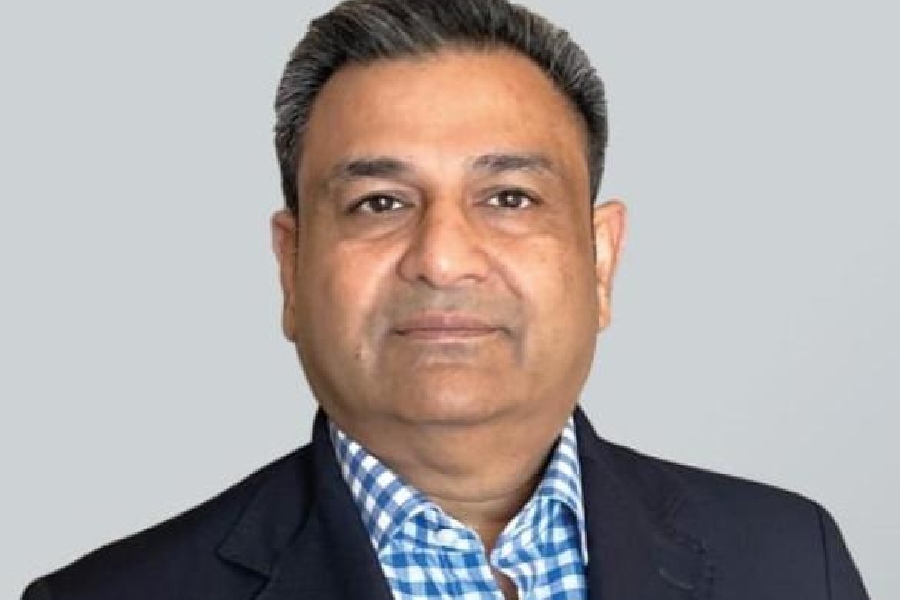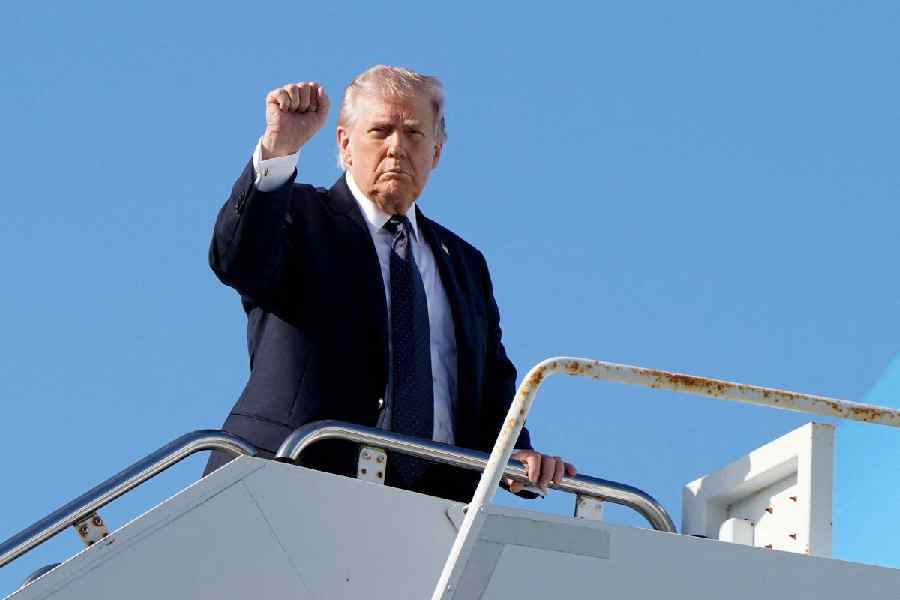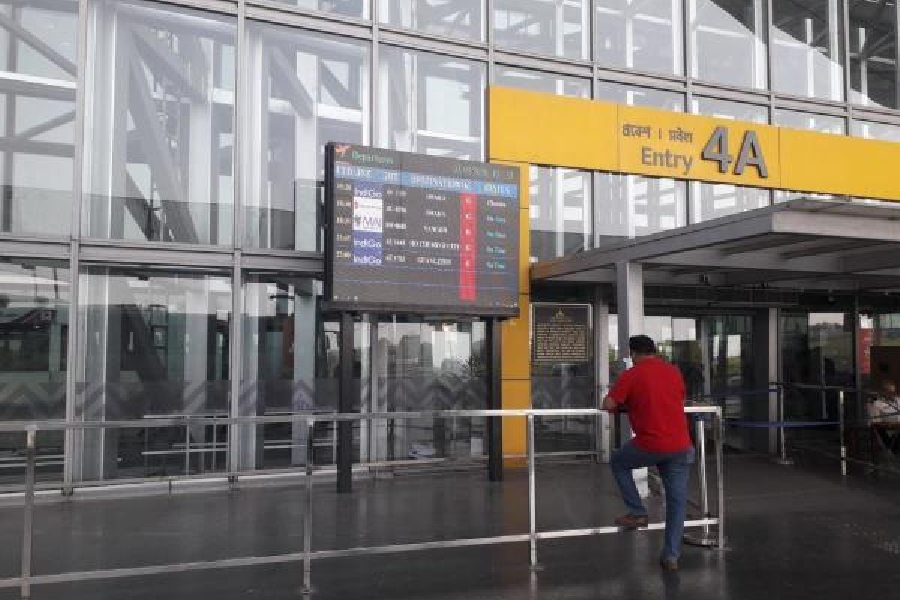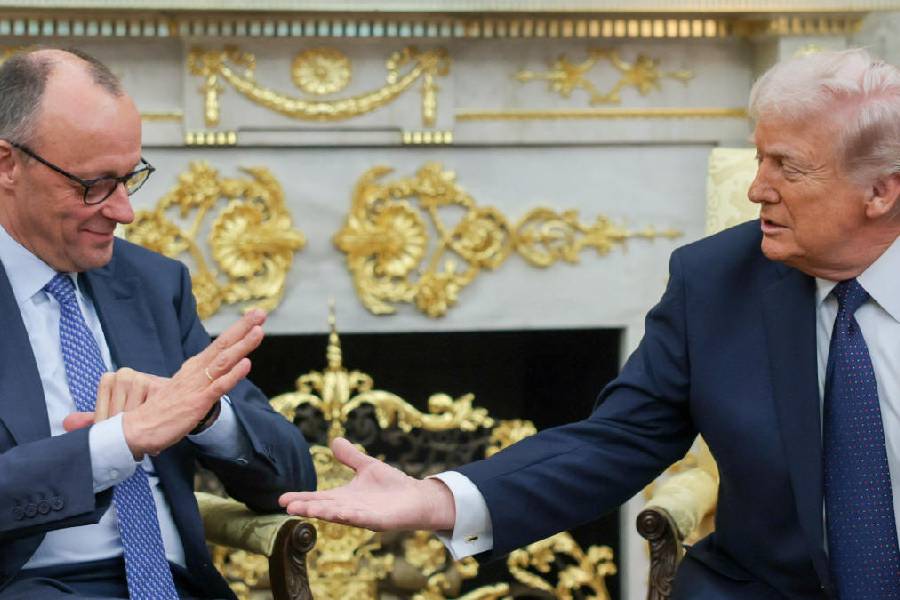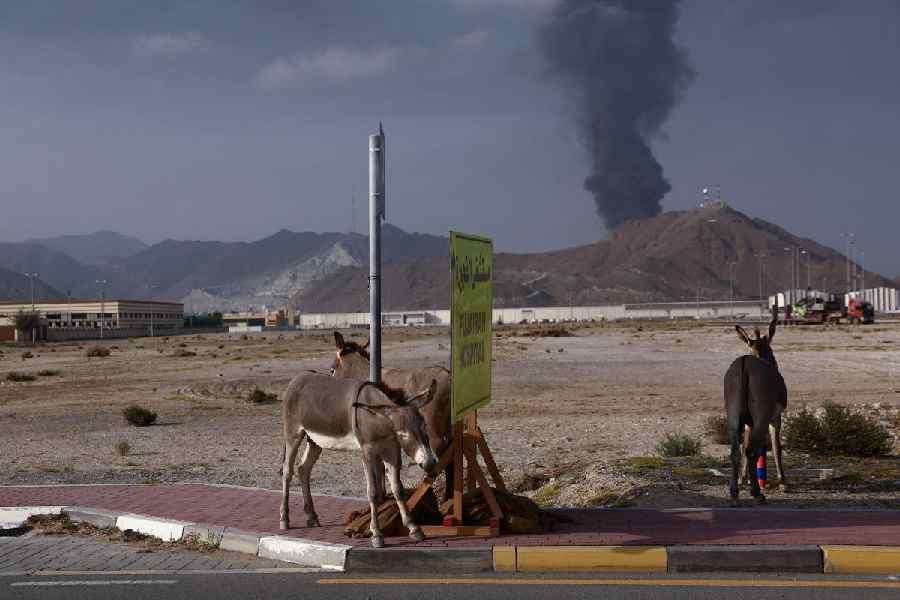Alcobev maker Allied Blenders and Distillers is hoping to make its first homegrown single malt brand commercial available by 2029-30.
The company, which went public last year, is undergoing a capex plan of ₹527 crore across three projects — a malt distillery (4 million litres per annum) and a PET bottling plant (615 million bottle per annum) in Telengana and the capacity expansion of an extra-neutral alcohol plant by 50 million litres per annum in Maharashtra. The three projects put together are expected to contribute a 300 basis points improvement in EBITDA (earnings before taxes, depreciation, and amortisation) over the medium term.
“When we think of single malts, we think of Scotland. But today, single malt whiskey comes from Thailand, Taiwan, Japan, the US, and it’s likely to come from China now. We are putting up a malt distillery of 4 million litres capacity at Rangapur in Telangana. It will allow us to participate in the growing Indian single malt market and also expand globally,” said Alok Gupta, managing director, Allied Blenders and Distillers, adding that the distillery is expected to become operational by Q4FY26.
The Officers Choice and Sterling Reserve whiskey maker is also expanding its product portfolio. Earlier in January, the company had acquired the brands of Fullarton Distilleries, which makes Woodburns Whisky and Pumori Gin. The company also acquired a 51 per cent stake in Good Barrel Distillery, which makes Rock Paper Rum.
The company has entered into a strategic distribution agreement with Roust Corporation to introduce Russian Standard Vodka in India. Gupta said the company is also developing its own brands such as Zoya Gin and Arthaus blended malt whisky.
“The total alcobev industry in India is 420 million cases. Of this, 3 per cent is in the super premium and luxury. But this 3 per cent controls 20 per cent of the profits. Our portfolio pre-IPO had zero presence in this segment. We came up with a plan of getting into segments where there are fewer competitors and a high rate of growth,” Gupta said.
“We have grown our footprint from 14 countries to 23, and we are now targeting to get to more than 30 countries.”

